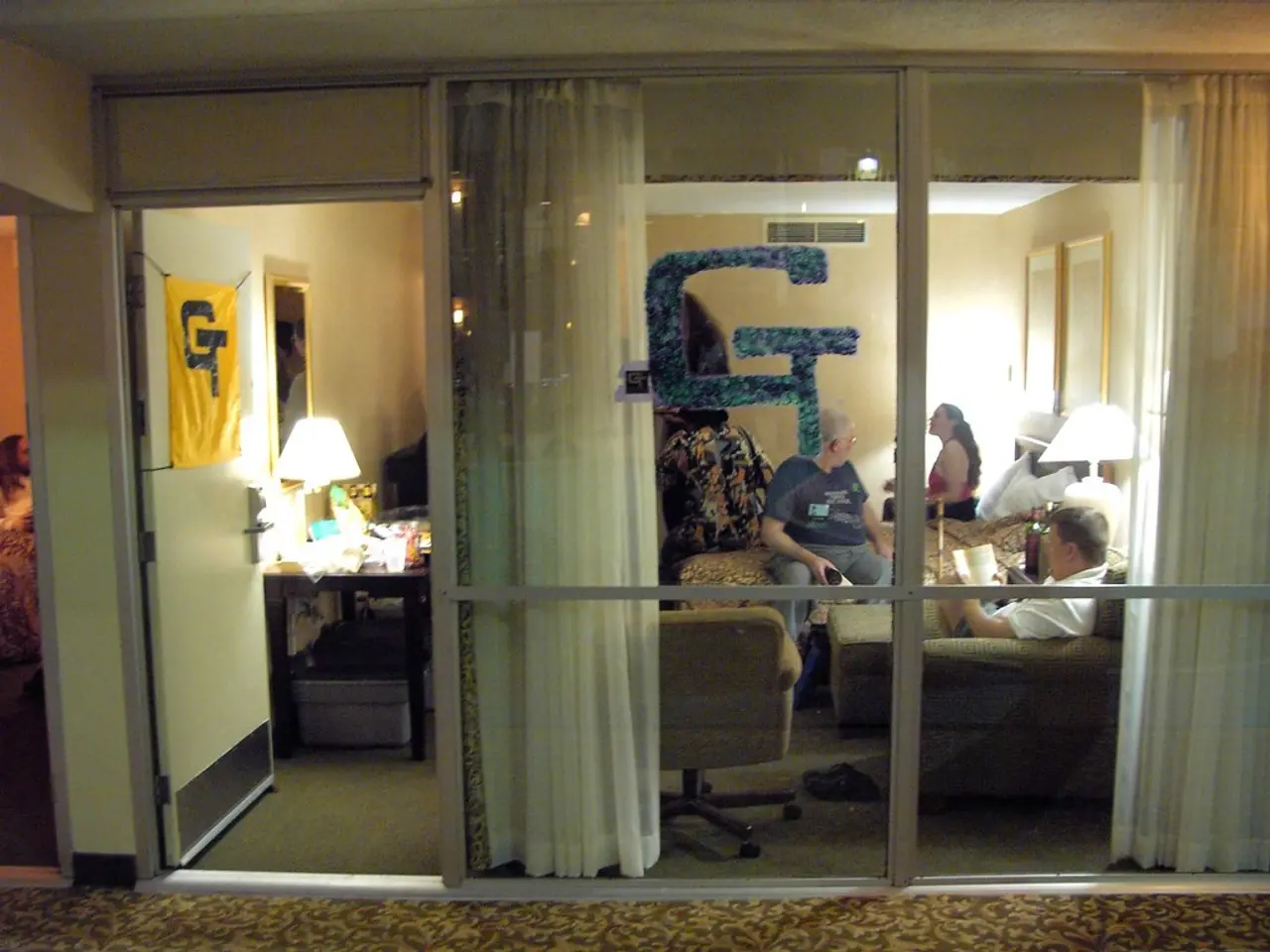Navigating Elder Disputes: A Detailed Handbook on Elder Mediation and Conflict Resolution Strategies
In the complex world of elder care, conflicts can arise from misunderstandings related to care, financial matters, or estate planning. Elder mediation, a specialized form of conflict resolution, is designed to address these disputes effectively.
Trained mediators facilitate discussions, helping seniors and their families navigate conflicts in a respectful and constructive manner. The approach emphasizes empathy, active listening, and the importance of preserving relationships.
Elder mediation offers several advantages over traditional litigation. It is flexible, confidential, cost-effective, and time-efficient. The process promotes improved communication, mutual agreements, and relationship strengthening.
The mediation process begins with an initial contact and assessment phase, where the specific conflict is evaluated and the parties' needs are understood. This is followed by joint sessions and individual meetings, both of which encourage open communication and ensure that all voices are heard.
Joint sessions are a crucial part of the process, as they foster understanding and empathy among the participants. During these sessions, the mediator guides discussions, helps clarify issues, and develops creative solutions tailored to the unique needs of seniors. Respect for autonomy is a fundamental principle in elder mediation, ensuring that older adults feel empowered and respected during the process.
Individual meetings provide a confidential setting for personal reflections and concerns. They offer a safe space for parties to express their thoughts and feelings, which can be particularly beneficial in the emotional and complex nature of elder conflicts.
Confidentiality plays a critical role in elder mediation. It safeguards sensitive information shared during mediation, creating a safe and private environment that encourages open, honest communication and facilitates the exploration of settlement options without fear that shared information will be disclosed or used against a party later in legal proceedings.
Mediators have the ethical responsibility to keep all shared information confidential and to prevent accidental or intentional disclosure. Measures such as confidentiality agreements, private communication sessions, and secure handling of mediation documents are implemented to maintain confidentiality.
It is important to note that confidentiality is not absolute; parties must enter mediation with a full understanding of these limits. Nevertheless, confidentiality remains the bedrock principle allowing mediation to serve as a trusted, non-adversarial means to resolve elder-related conflicts.
The mediation process culminates in finalizing agreements that are mutually acceptable. These agreements are outlined in a written document, which is reviewed collaboratively by all parties. A follow-up mechanism may be established to address post-agreement issues and ensure ongoing support.
In conclusion, elder mediation is a powerful tool for resolving conflicts in a way that respects the autonomy of older adults, promotes understanding and empathy, and fosters open communication. Its focus on collaboration, confidentiality, and empathy makes it an effective and efficient solution for addressing the complex issues that can arise in elder care.
[1] Confidentiality in Mediation: A Key to Effective Communication in Elder Mediation. (2021). Retrieved from www.eldermediationservices.com/confidentiality-in-mediation
[2] The Role of Confidentiality in Elder Mediation. (2020). Retrieved from www.eldermediation.org/confidentiality-in-elder-mediation
[3] The Importance of Confidentiality in Elder Mediation. (2019). Retrieved from www.elderlawanswers.com/the-importance-of-confidentiality-in-elder-mediation-6466
[4] Managing Confidentiality in Multi-Party Elder Mediation. (2018). Retrieved from www.eldermediation.org/managing-confidentiality-in-multi-party-elder-mediation
[5] Understanding Confidentiality in Elder Mediation. (2020). Retrieved from www.elderlawanswers.com/understanding-confidentiality-in-elder-mediation-6467
- The importance of preserving relationships is a key aspect of elder mediation, as it emphasizes empathy, active listening, and confidentiality during discussions involving seniors, families, and healthcare professionals.
- Elder mediation not only promotes improved communication and mutual agreements but also focuses on mental health and wellness by providing a safe and private environment for emotional expression, thereby improving family dynamics and relationships.
- In the realm of health-and-wellness and lifestyle management for seniors, elder mediation offers a solution to conflicts that emphasizes flexibility, cost-effectiveness, and time-efficiency, allowing families to maintain healthy relationships through understanding and empathy.




